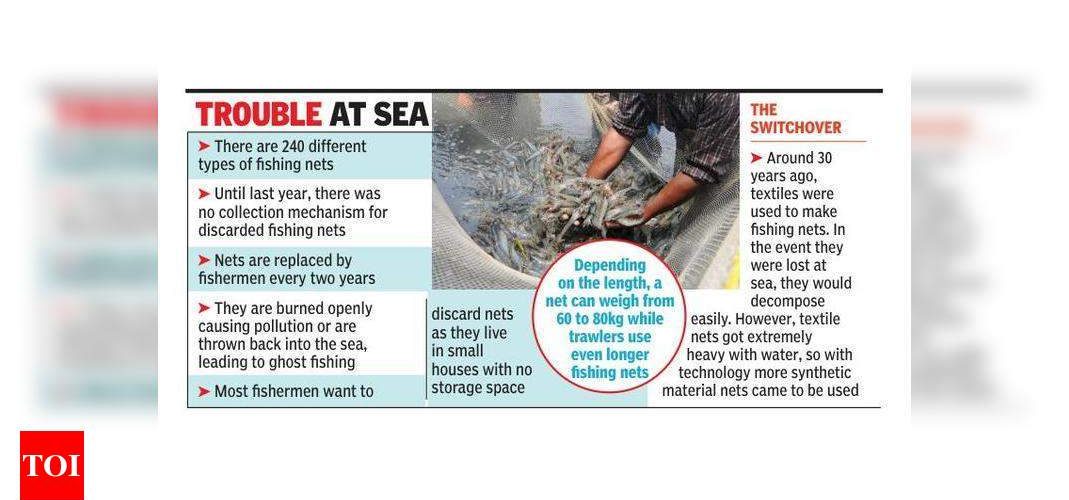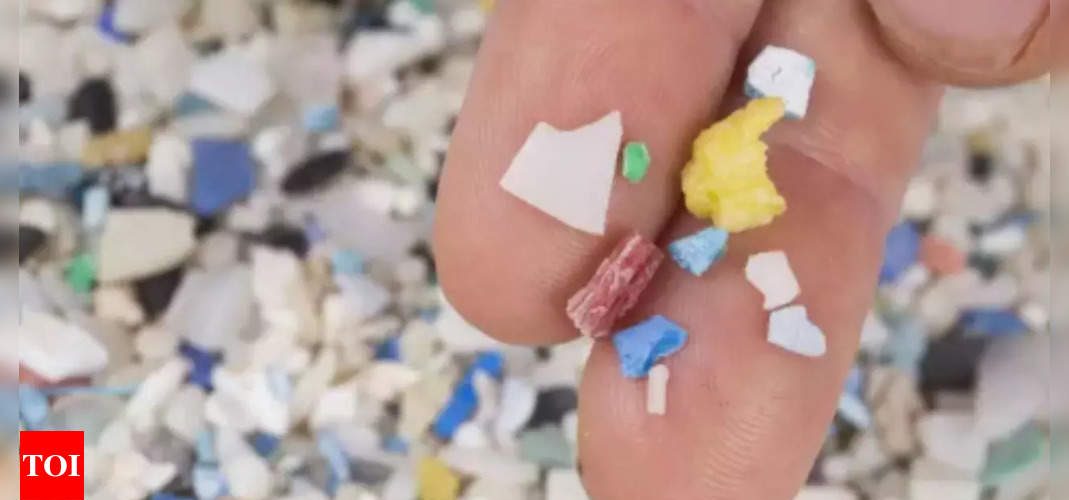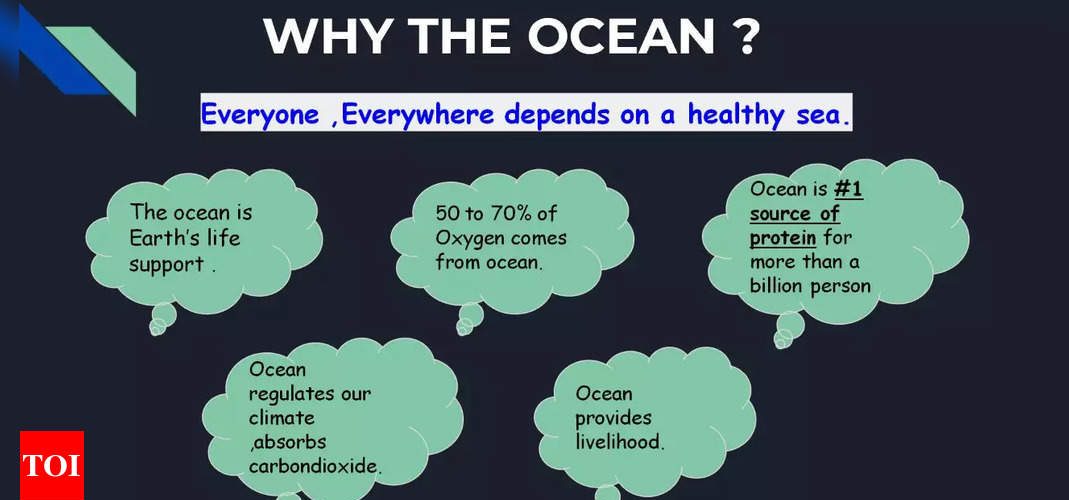Introduction The fashion industry has undergone a profound transformation with the advent of fast fashion and e-commerce. While these trends have brought unprecedented convenience and affordability to consumers, they have also led to a staggering increase in clothing waste. In this blog, we will delve into the intricate relationship between fast fashion, e-commerce, and the alarming impact they have on clothing waste. From overproduction to unsustainable consumption, we’ll explore the hidden costs behind our desire for trendy clothes and how conscious
OLDENBURG: Microplastic waste can be discovered in the marine environment even at far-off places in the world. According to research led by Dr Barbara Scholz-Bottcher of the University of Oldenburg, these tiny particles originate on land but are also released back into the atmosphere by the sea.In order to reach the Arctic region, the researchers collected air samples from several points along the Norwegian coast. The recent publication of the findings in the academic journal Nature Communications.“With our study, we
Panaji: Approximately 40 to 50 tonnes of plastic waste is generated every month along Goa’s coast by discarded fishing nets alone, estimated The Energy and Resources Institute or Teri. As part of a year-long project funded by the European Union-Resource Efficiency Initiative (EU-REI), Teri and German Agency for International Cooperation (GIZ-India) are set to identify an industry partner who will permanently enable collection, recycling and scientific processing of the discarded fishing net waste. The year-long project by Teri, along with
When you casually fling a plastic bottle or a wrapper out the car window, you could be sending the plastic on an odyssey that may eventually take it to the sea — even if that is thousands of kilometres away — via the nearest drain that could be emptying into a stream, which may be meeting a river that merges with a bigger river, which finally snakes its way to a sea or an ocean.Seems far-fetched? Consider this. In 2021,
About 70 years ago, at the dawn of the ‘plastic age’, it was forecast that this synthetic material would touch all aspects of modern life. It has, and how! Today, plastics are all around us, including places they were not meant to be in – deep in our lungs, in our bloodstreams, in many foods and even in excreta.Last year, researchers at Amsterdam’s Vrije Universiteit detected microplastic pollution in almost 80% of
Lowe’s India, the global capability centre for the $97-billion US home improvement giant Lowe’s Companies, recently organised a 5km ‘Plog Run’ for its employees at Bengaluru’s Nandi Hills. Equipped with gloves and bags, over 100 associates cleared 344kg of plastic and paper waste from the foothills. The litter consisted of plastic wrappers, cigarette butts, bottles, bottle caps, and other single-use micro plastics – one of the most harmful pollutants threatening human and animal life. The initiative was organised in collaboration
CHENNAI: More than 80% of the 177kg litter collected during a clean-up drive at Elliot’s beach in Besant Nagar on Thursday was single-use plastics. Volunteers, who spent around 90 minutes to collect the waste strewn on the beach sands over a 10,500sqm area, collected around 1.68grams per square metre area. Union minister of earth sciences Kiren Rijiju launched and participated in the beach clean-up organised by the National Institute of Ocean Technology (NIOT) and National Centre for Coastal Research (NCCR)
Samsung Electronics announced its new Less Microfiber filter, an external washing machine filter designed to significantly reduce plastic microfiber emissions during laundry cycles. The new washing machine external filtre has been designed with inspiration from apparel maker Patagonia and the global ocean conservation organisation Ocean Wise. The company says that the filter builds on the success of last year’s Less Microfiber Cycle to substantially cut microplastics and enable sustainable laundry washing. The new filter is now available in Korea and
World Ocean Day serves as a reminder of the significant role that oceans play in our daily lives. They provide essential food and chemicals that are useful in treating humans, and are vital components of the biosphere. The day takes place annually on the 8th of June, and the objective of the same is to raise public awareness about the consequences of human activities in the ocean.Kundali Bhagya fame Shraddha Arya throws a light on the importance of oceans. On
World Ocean Day is an important global observance dedicated to raising awareness about the significance of the world’s oceans and the need to protect and preserve them. Here are 10 things to know about World Ocean Day: Date and Background: World Ocean Day is celebrated annually on June 8th. It was officially recognized by the United Nations in 2008, but the concept of a day dedicated to the ocean was proposed by the Canadian government in 1992 at the Earth Summit












